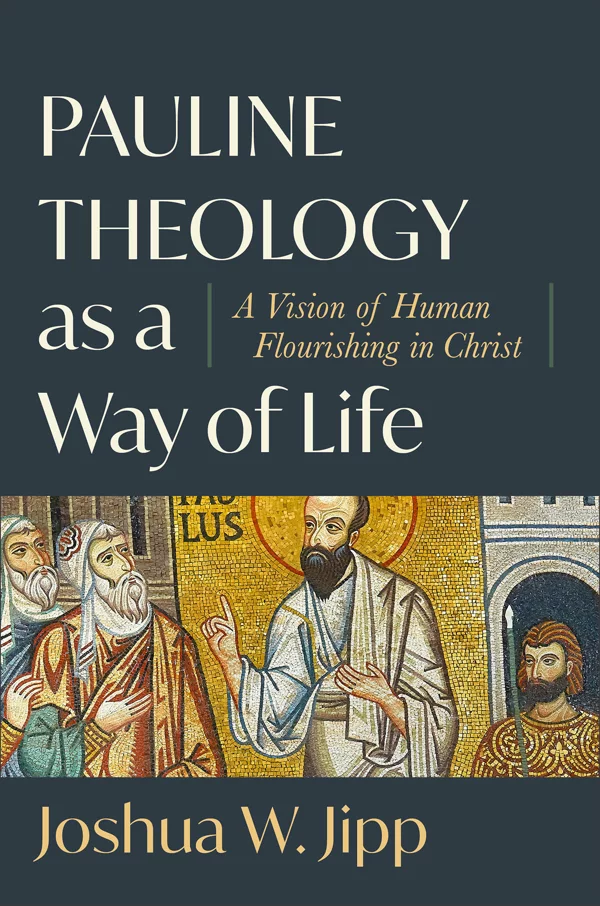

Pauline Theology as a Way of Life:A Vision of Human Flourishing in Christ
Joshua Jipp
Baker Academic
Paul is known as a theologian, and indeed his writings yield rich theological insights. But Paul was foremost a missionary and a pastor who wrote to real people and churches.
In this fresh approach to Pauline theology, respected scholar Joshua Jipp brings Paul’s pastoral concerns to the fore, specifically his concern for human flourishing in his congregations. Jipp argues that Paul’s writings are best understood as invitations to a particular way of life, one that is oriented toward the supreme good of experiencing life in God through participation in Christ. For Paul, Christ epitomizes the good life and enables others to live it. While analyzing Paul’s thought through this lens of well-being and flourishing, Jipp introduces conversation partners as points of comparison and contrast. He interacts with ancient philosophy and modern positive psychology, both of which also address “the good life.”
This important and substantial contribution to Pauline studies covers issues such as transcendence, suffering and death, relationships, pursuit of Christian virtue, and moral agency. It will be a valuable resource for all students of Paul.
